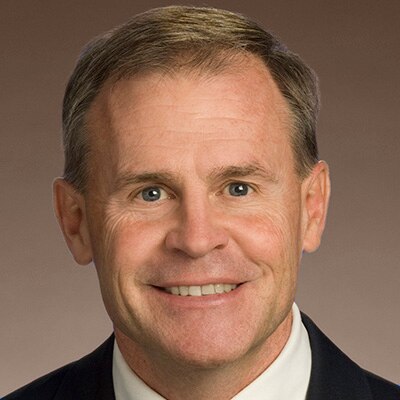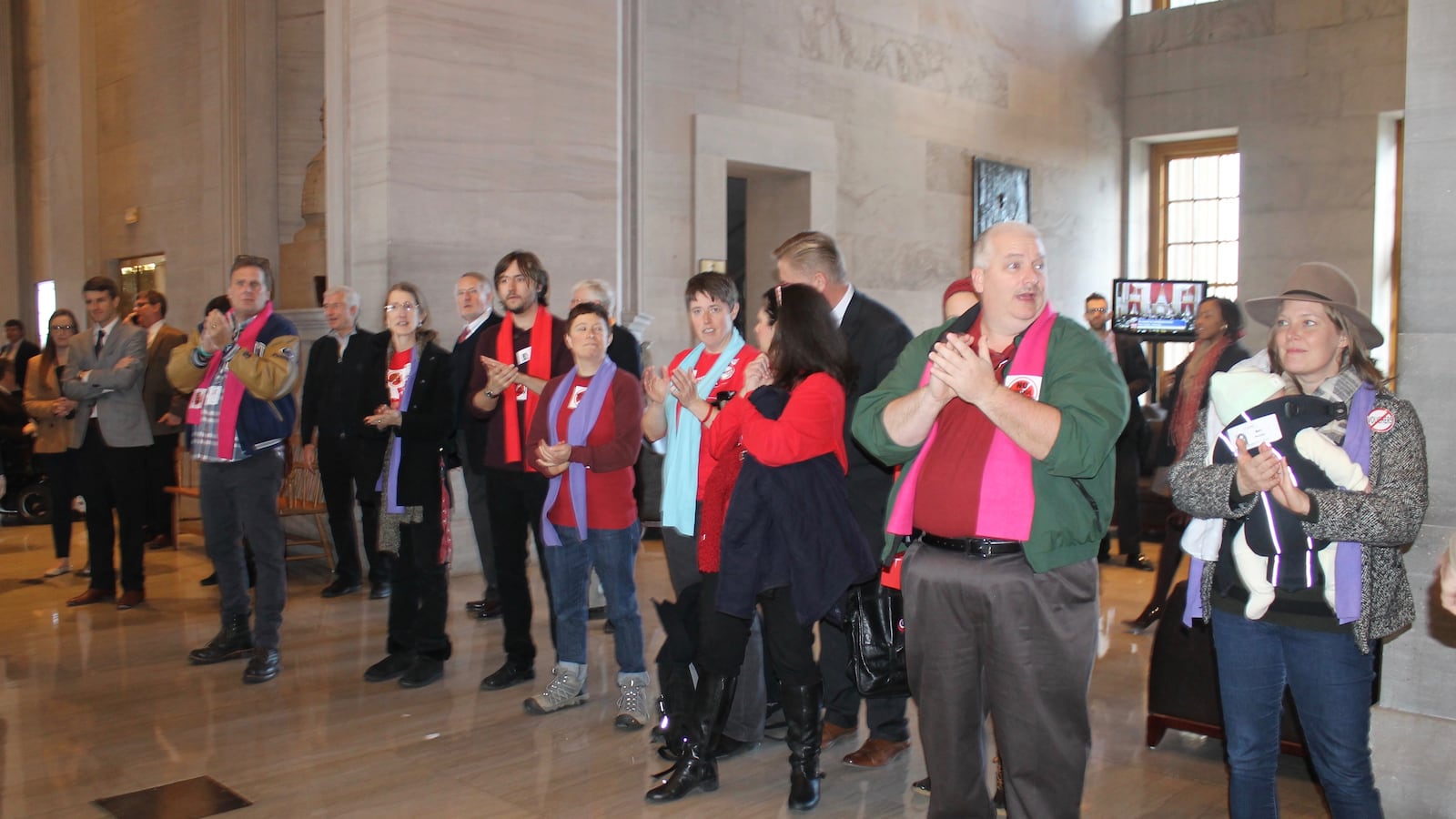When President-elect Donald Trump tapped Betsy DeVos as his choice for U.S. secretary of education, advocates of school tuition vouchers saw it as a good omen. The Michigan Republican is a staunch advocate for vouchers that allow taxpayer money to be spent on private schools.
But the perennial battle over vouchers in Tennessee, which voted overwhelmingly for Trump, suggests it won’t be easy for vouchers to sweep the nation, even if Trump’s administration champions federal incentives for such programs. While Tennessee’s Senate has voted in favor of a voucher bill three times since 2011, opponents have blocked it each year in the House of Representatives, albeit by decreasing margins. Opposition has coalesced around a fear of undermining public schools — a concern that transcends party lines and geography.
Tennessee’s voucher proposals have exclusively targeted urban schools, anomalies in a mostly rural state. But as each major vote approached, lawmakers in Nashville fielded calls from constituents back home who worried that the program would quickly expand at the expense of public schools in areas with few alternatives.
During the last legislative session, the perceived lack of public support for vouchers eclipsed Gov. Bill Haslam’s endorsement of them. It also countered an outpouring of spending from pro-voucher advocacy groups that include a state chapter of American Federation for Children, of which DeVos founded and serves as chairwoman of the board.
The most vocal opponent of vouchers has been the Tennessee Education Association, the state’s largest teachers’ union and an organization that many Republican lawmakers openly oppose. But lawmakers also got pushback from statewide professional groups that represent superintendents and school boards and argue that vouchers would hurt public schools.

During the most recent legislative session, Rep. David Hawk, a Republican from Greeneville, made a last-minute attempt to make vouchers more palatable to sympathetic lawmakers wary of how the issue would play out at home. With the blessing of the bill’s lead sponsor, Rep. Bill Dunn of Knoxville, Hawk amended the proposal so it only would impact Memphis, home to Tennessee’s largest school district and frequently a laboratory for the state’s education reforms. The move infuriated many Memphis lawmakers and failed to sway enough undecided legislators to push the bill over the top.
Still, the proposal came closer to passing than ever before. It cleared all committees before Dunn tabled it on the House floor. He said he just didn’t have the votes. Later, Dunn told reporters that he only had 48 “yes” votes confirmed out of the necessary 50.
“I believe there are legislators who hear from their school board that they’re against this,” Dunn reflected on Tuesday. “Instead of legislators sitting down and saying what’s best for students, it’s about what’s best for school bureaucracy.”
Research is mixed on whether vouchers help or hurt students. According to a 2015 review by the National Bureau of Economic Research, “vouchers have been neither the rousing success imagined by proponents nor the abject failure predicted by opponents.”
Undaunted, Dunn says he will sponsor voucher legislation again in the upcoming legislative session, which starts in January. But if vouchers pass this time, he said, it will be because of growing support for the program among Tennesseans, not because of Trump or DeVos.
“Education is a state issue,” he said.

